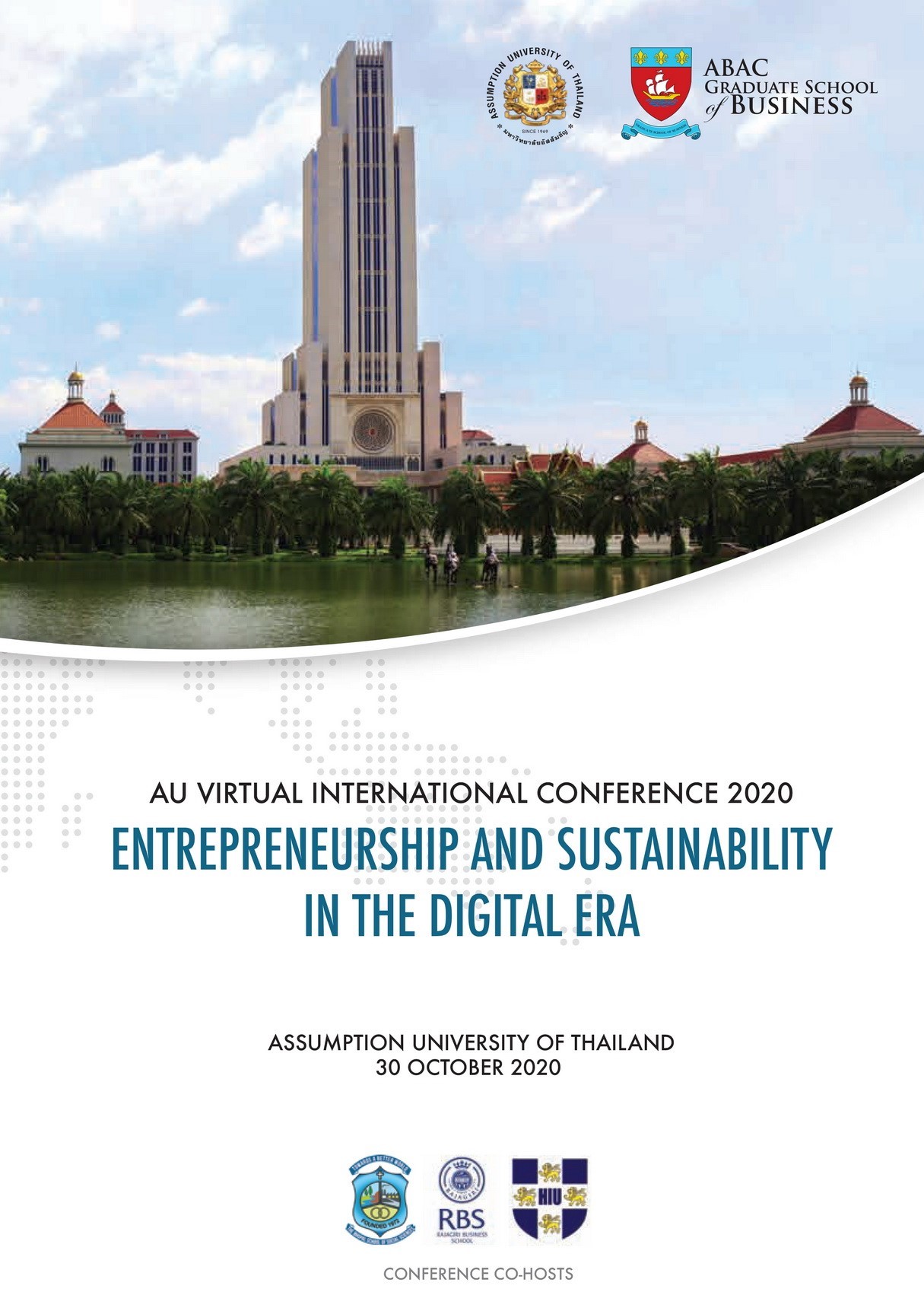AN EVALUATION OF THE LIFE SKILL EDUCATION PROGRAM IMPLEMENTATION FOR ITS ENHANCEMENT IN THE SCHOOLS IN PEMA GATSHEL DISTRICT, EASTERN BHUTAN
Abstract
Abstract
The purpose of this study was to evaluate an implementation of the Life Skill Education (LSE) program for its enhancement from the teachers’ and student’s viewpoints; and to provide a set of actionable recommendations for the enhancement of the program in the schools in Pema Gatshel district, Eastern Bhutan. The Daniel Stufflebeam’s CIPP Evaluation Model was employed to evaluate the program’s components, involving context, input, process and product. The study employed both quantitative and qualitative methods. Quantitative data was collected using a survey questionnaire from 65 teachers teaching LSE in all the schools in the district, while the qualitative data was collected using structured interview questions from 10 students selected randomly from the middle and higher secondary schools. Descriptive statistical analysis was employed with quantitative data and content analysis was applied to analyse the interview data. The findings indicated overall teachers’ level of perception for the effectiveness of LSE program was high with a mean score of 4.1. In addition, the Product component of the evaluation model was rated at the highest level with the mean score of 4.35 which was highest of all four components, whereas the lowest rated component was the Context with the mean score of 3.87 at high level. Input and Process components were perceived at high level as well with the mean score of 4.00 and 4.18 respectively. On the effectiveness of the program from the students perspectives from the content anslysis, the students were optimistic with the program and shared the positive impact the LSE program had on their lives. Based on the findings, the study could suggest some actionable recommendations to the teachers, school, district authority and Ministry levels. Life skill teachers are recommended to use reliable data and reports in teaching to authenticate the information and the school administration should strictly follow Ministry’s directives and guidelines in allocating periods for LSE. This study has drawn insights and presented a novelty of the overall LSE program implementation evaluation in Bhutan, which is the first ever study, although LSE has been adopted in the education system in Bhutan for quite a long time.
Downloads
Published
How to Cite
Issue
Section
License
Copyright (c) 2021 AU Virtual International Conference Entrepreneurship and Sustainability in the Digital Era

This work is licensed under a Creative Commons Attribution-NonCommercial-NoDerivatives 4.0 International License.

